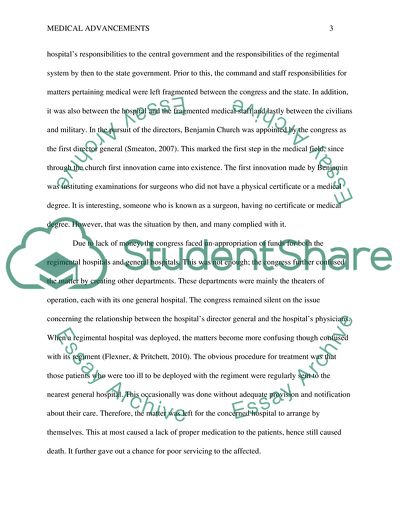Cite this document
(Medical Advancements from the French Revolution through the Napoleonic Era in French History Report Example | Topics and Well Written Essays - 2500 words, n.d.)
Medical Advancements from the French Revolution through the Napoleonic Era in French History Report Example | Topics and Well Written Essays - 2500 words. https://studentshare.org/history/1822232-french-medical-advancements-from-the-french-revolution-through-napoleon
Medical Advancements from the French Revolution through the Napoleonic Era in French History Report Example | Topics and Well Written Essays - 2500 words. https://studentshare.org/history/1822232-french-medical-advancements-from-the-french-revolution-through-napoleon
(Medical Advancements from the French Revolution through the Napoleonic Era in French History Report Example | Topics and Well Written Essays - 2500 Words)
Medical Advancements from the French Revolution through the Napoleonic Era in French History Report Example | Topics and Well Written Essays - 2500 Words. https://studentshare.org/history/1822232-french-medical-advancements-from-the-french-revolution-through-napoleon.
Medical Advancements from the French Revolution through the Napoleonic Era in French History Report Example | Topics and Well Written Essays - 2500 Words. https://studentshare.org/history/1822232-french-medical-advancements-from-the-french-revolution-through-napoleon.
“Medical Advancements from the French Revolution through the Napoleonic Era in French History Report Example | Topics and Well Written Essays - 2500 Words”. https://studentshare.org/history/1822232-french-medical-advancements-from-the-french-revolution-through-napoleon.


